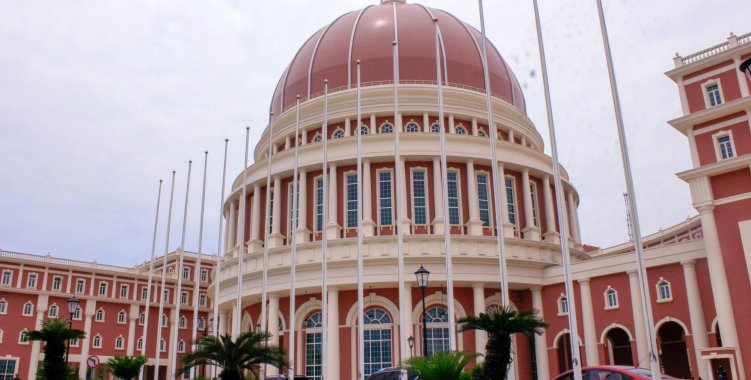The bill was approved with 105 votes in favour, from the Popular Movement for the Liberation of Angola (MPLA), 69 votes against from the National Union for the Total Independence of Angola (UNITA) and two abstentions from the coalition Social Renewal Party (PRS) and National Front for the Liberation of Angola (FNLA).
The Minister of Justice and Human Rights, Marcy Lopes, in the presentation of the proposal said that the activity of non-governmental organizations (NGOs) in Angola began in the early 1990s and were governed by the then in force Law of Associations, of 1991.
"Today, obviously, that which regulates matters associated with NGOs is out of order and, for this reason, they need to be updated, as well as precision about the reason for registration, the way of organization and also the functioning of these institutions and it has become It is therefore essential to create legal instruments to guarantee the organization of these institutions", he said.
Marcy Lopes also justified that the organization and operation of NGOs, under the terms of the current law, "creates complex situations".
"Whether due to the difficulty of supervision by State agencies, as well as some resistance from donors and organizations themselves, especially international ones, in complying with the laws in force in the country," he added.
According to the minister, donors, in many cases, "reach the point of determining the places where a given NGO should spend resources and with whom and when to do it".
The official stressed that this proposal intends to regulate the organization and operation of NGOs, without, however, entering "their daily management model".
The holder of the Justice and Human Rights portfolio also argued that Angola "is not isolated from the world", so as a State, it is under the aegis, supervision, of the International Financial Action Office (FATF) and the Group to Combat Eastern and Southern African Money Laundering (ESAAMLG) institution that ensures 'compliance' in financial transaction rules.
"Accordingly, we must ensure that in Angola all institutions, whether public or private, have their financial transactions regulated and regulated, subject to the rules defined for financial 'compliance'", he stressed, noting that NGOs are not exempt from this control.
According to the minister, the proposal does not make any changes to the framework currently in force, NGOs being able to be of a national or international nature, provided they are registered in Angola and comply with the State's rules in terms of organization and functioning.
The proposal provides for the creation of a supervisory body, which, "in fact, already exists" and currently works with the Ministry of Family and Women's Promotion.
"The diploma enshrines the powers of this supervision in a very generic way and likewise sets out the set of rights and duties that NGOs must have under this diploma, the rules for registering these organizations, the fields of activity, the mechanisms for suspending activity, if they engage in illegal or less correct practices under the terms of the Angolan legal system", advanced the minister.
The document foresees the conditions under which NGOs can receive support from the State and also be granted the quality of public utility, thus being subject to the control of the Court of Auditors, for the financial resources granted by the State.
The norms on the recruitment of national and foreign workers are also established in the proposal, which does not allow different remuneration, when performing the same task, between a national worker and a foreigner just because of the quality of the latter.
UNITA's parliamentary group voted against, as justified by deputy Nuno Dala, for "unconstitutionalities" configured in the proposal, which provides for "functional limitation" of NGOs, for "subversion of international commitments to human rights" and for interference in internal life of organizations.
At the beginning of the plenary session, the National Assembly rejected a request by UNITA, which requested the removal from the agenda of the item relating to this proposed law as unconstitutional.
A national campaign against this proposed law, "to control organisations", as considered by Angolan NGOs, was launched this week, "strongly advising the Angolan executive to move forward with such a proposal, which would mean the loss of decades of attempts to build of a society in the process of democratization".







